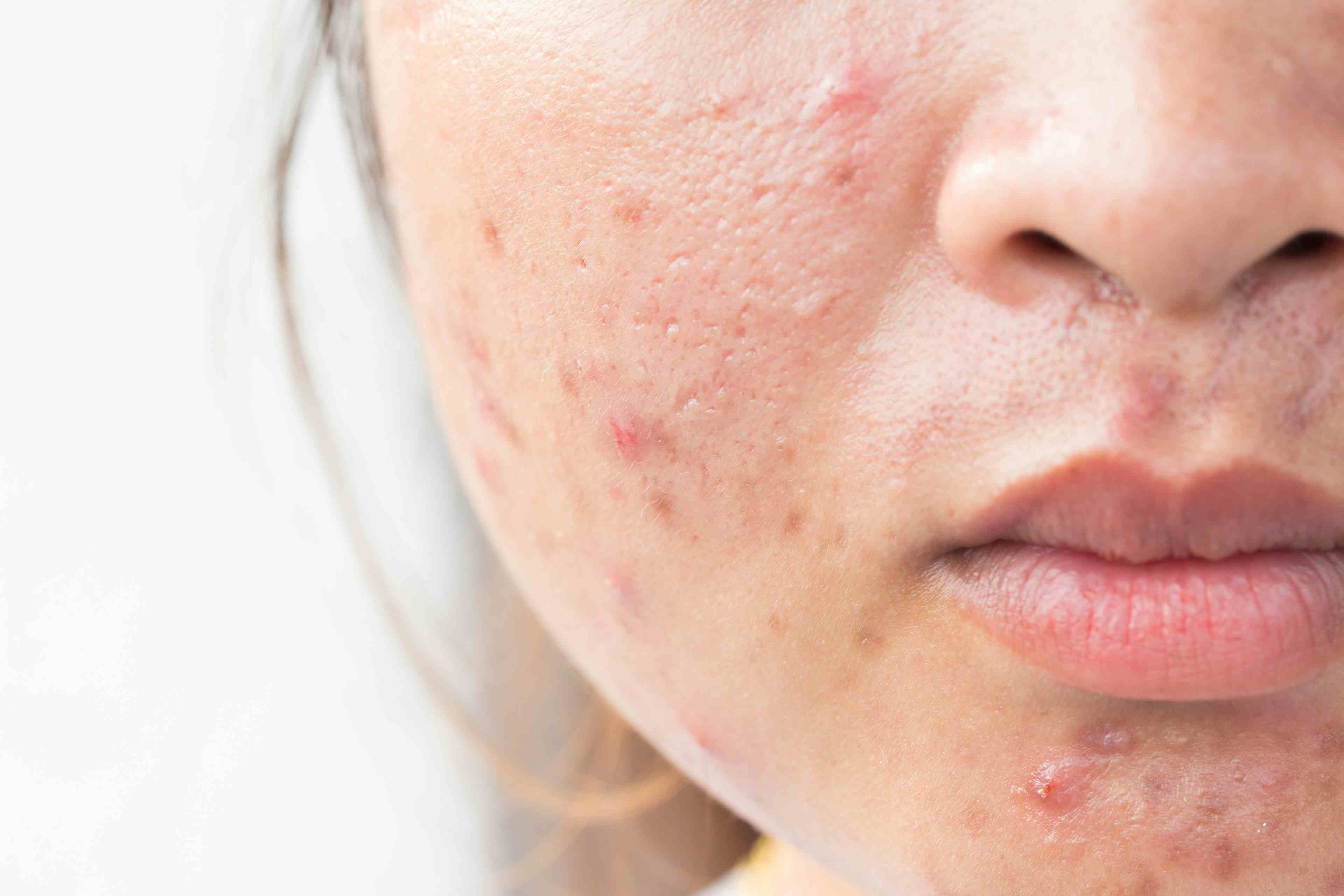- Acne
- Actinic Keratosis
- Aesthetics
- Alopecia
- Atopic Dermatitis
- Buy-and-Bill
- COVID-19
- Case-Based Roundtable
- Chronic Hand Eczema
- Chronic Spontaneous Urticaria
- Drug Watch
- Eczema
- General Dermatology
- Hidradenitis Suppurativa
- Melasma
- NP and PA
- Pediatric Dermatology
- Pigmentary Disorders
- Practice Management
- Precision Medicine and Biologics
- Prurigo Nodularis
- Psoriasis
- Psoriatic Arthritis
- Rare Disease
- Rosacea
- Skin Cancer
- Vitiligo
- Wound Care
Article
Overuse of black box warnings is scare tactic
As the Vioxx/Celebrex scandal lays waste to the American healthcare landscape as we know it, the U.S. Food and Drug Administration (FDA) finds itself under relentless pressure to get things right. Congress is demanding more stringent safety standards and even threatening to create a new federal agency to take safety approvals and monitoring out of the FDA's hands.
As the Vioxx/Celebrex scandal lays waste to the American healthcare landscape as we know it, the U.S. Food and Drug Administration (FDA) finds itself under relentless pressure to get things right. Congress is demanding more stringent safety standards and even threatening to create a new federal agency to take safety approvals and monitoring out of the FDA's hands.
But the FDA is going too far in its efforts to prove that it's in charge. The most recent example is a public health advisory saying a "black box warning" will be added to the labels of two of the market's newer topical eczema products (Note: The FDA safety alerts were based on a "plausible" or "theoretical" cancer risk based on studies in animals using an oral form of one of the drugs, rather than a topical, at high doses over a long period of time.) The FDA's concern is a "potential" cancer risk that even it admits is "uncertain."
What are physicians' concerns? First, we heard about the public-health advisory in unprecedented fashion, from alarmed patients who themselves heard it first from the media. The warnings created dozens of calls to my office and to the other doctors who treat this disease. Many physicians, not knowing the cancer accusations are plagued by a lack of scientific evidence, were terrified that they had unknowingly harmed their patients. Parents echoed that worry as they threw away their tubes of Elidel and Protopic and wondered what to do next, with options so limited.
Third, and perhaps most importantly, the unnecessary chaos is only part of the equation in the FDA's overuse of black box warnings. The real risk often is that alternative drugs with more serious side effects will be used or that patients once again will revert to home brews that are ineffective and thoroughly untested for either efficacy or safety.
If the FDA continues to "cry wolf" by using its most aggressive safety alerts as a political tool to demonstrate that the agency is in control of drug safety, soon no one will pay attention, including the media and patients. As physicians, our pledge to patient care is first to do no harm, and that includes "do not cause unnecessary alarm."
The FDA also has this responsibility.
- Mark Lebwohl M.D., Professor and Chairman, Department of Dermatology, The Mount Sinai School of Medicine
Newsletter
Like what you’re reading? Subscribe to Dermatology Times for weekly updates on therapies, innovations, and real-world practice tips.
















